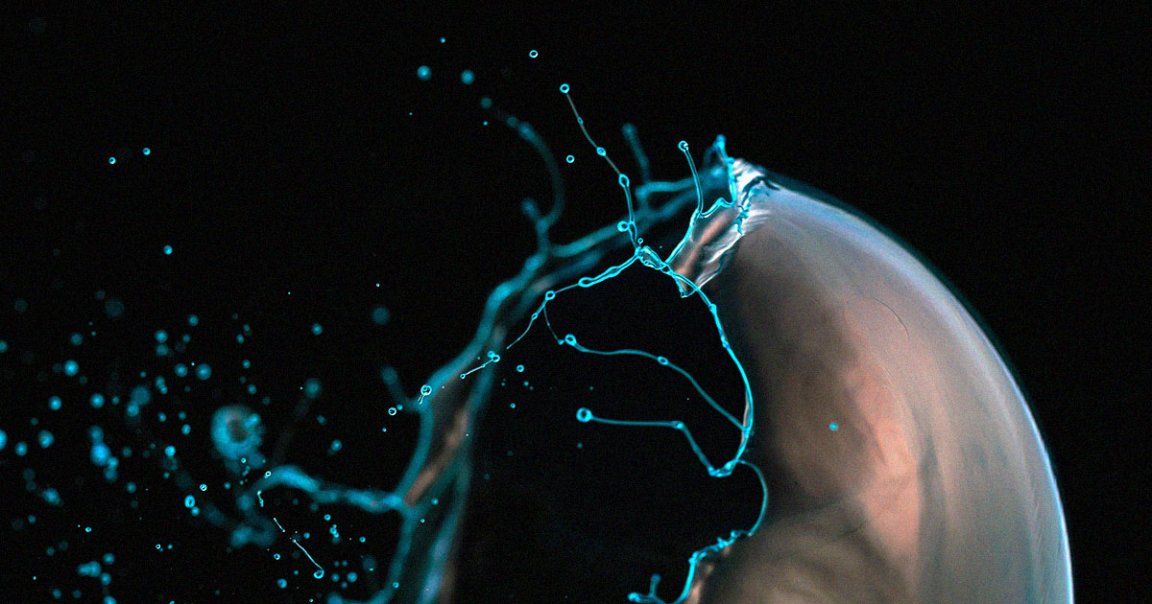
As investors pour billions of dollars into the AI frenzy, analysts are starting to become wary of an “AI bubble” that could leave investors out to dry.
In a research note spotted by CNBC, tech stock analyst Richard Windsor used a colorful metaphor to describe what would happen if such a bubble were to burst.
“Capital continues to pour into the AI sector with very little attention being paid to company fundamentals,” he wrote, “in a sure sign that when the music stops there will not be many chairs available.”
It’s been a turbulent week for AI companies, highlighting what sometimes seems like unending investor appetite for new AI ventures.
Case in point is Cohere, one of the many startups focusing on generative AI, which is reportedly in late-stage discussions that would value the venture at a whopping $5 billion.
Then there’s Microsoft, which has already made a $13 billion bet on OpenAI, as well as hiring most of the staff from AI startup Inflection AI earlier this month. The highly unusual deal — or “non-acquisition” — raised red flags among investors, leading to questions as to why Microsoft didn’t simply buy the company.
According to Windsor, companies “are rushing into anything that can be remotely associated with AI.” Ominously, the analyst wasn’t afraid to draw direct lines between the ongoing AI hype and previous failed hype cycles.
“This is precisely what happened with the Internet in 1999, autonomous driving in 2017 and now generative AI in 2024,” he wrote.
Windsor is far from the first to draw such a comparison. Despite the lack of a clear way to turn a profit, investors are still pouring massive amounts of cash into AI firms.
“There’s a huge boom in AI — some people are scrambling to get exposure at any cost, while others are sounding the alarm that this will end in tears,” Kai Wu, founder and chief investment officer of Sparkline Capital, told the Wall Street Journal last year.
There are even doubters inside the industry. In July, recently ousted CEO of AI company Stability AI Emad Mostaque told banking analysts that “I think this will be the biggest bubble of all time.”
“I call it the ‘dot AI’ bubble, and it hasn’t even started yet,” he added at the time.
Just last week, Jeffrey Gundlach, billionaire CEO of DoubleLine Capital, also compared the AI craze to the dot com bubble.
“This feels a lot like 1999,” he said during an X Spaces broadcast last week, as quoted by Business Insider.
“My impression is that investors are presently enjoying the double-top of the most extreme speculative bubble in US financial history,” Hussman Investment Trust president John Hussman wrote in a research note.
In short, with so many people ringing the alarm bells, there could well be cause for concern. And the consequences of an AI bubble bursting could be devastating.
In his research note, Windsor warned that chipmaker Nvidia was “the only company that is making tangible profits from the current boom in interest in investment in generative AI” — something we’ve noted as well — which could have disastrous consequences during a correction.
While Nvidia would survive such a debacle, the “ones that are likely to bear the brunt of the correction are the providers of generative AI services who are raising money on the promise of selling their services for $20/user/month,” he argued.
Windsor predicts that startups will eventually be “acquired by the large companies who do not have an in-house foundation model off which to base their offerings.”
“In the meantime, the frenzy continues but it is one I am perfectly comfortable staying well away from,” he added.
Are this month’s “unusual” Microsoft deal and major startup valuations really the canary in the coal mine? For months now, big tech has been struggling to turn the hype surrounding the tech into actual profits.
And that’s especially true for AI chatbots, assistants that still haven’t figured out how to reliably distinguish between the truth and their own “hallucinations.”
“No one wants to build a product on a model that makes things up,” AI ethics expert Rumman Chowdhury cautioned Axios this week.
All in all, a significant number of experts, including tech CEOs, investors, and analysts, are drawing direct comparisons to the events that led to one of the biggest stock market bubbles in recent history bursting in early 2000, with the US and Europe being plunged into a recession.
But whether the current AI hype will suffer the same fate, of course, remains to be seen.
More on the AI bubble: AI Is Starting to Look Like the Dot Com Bubble